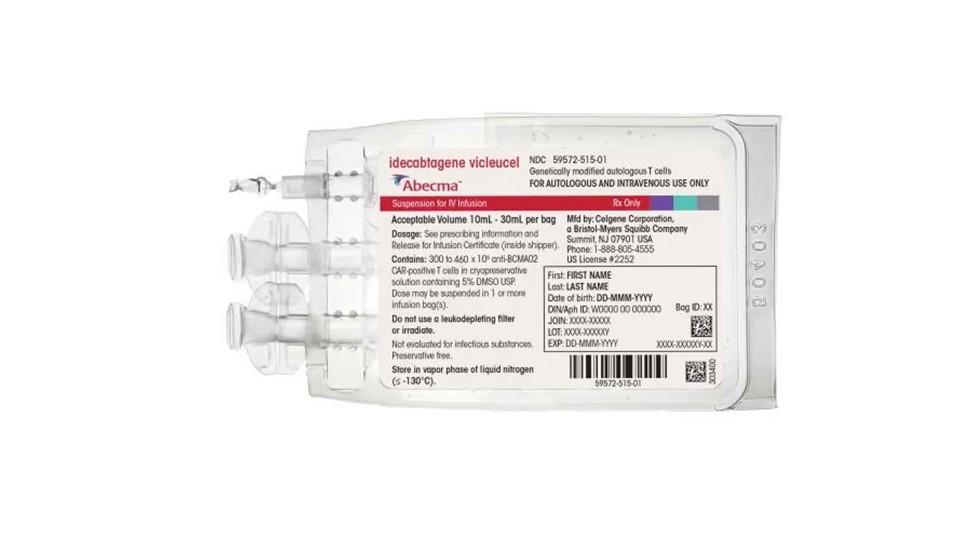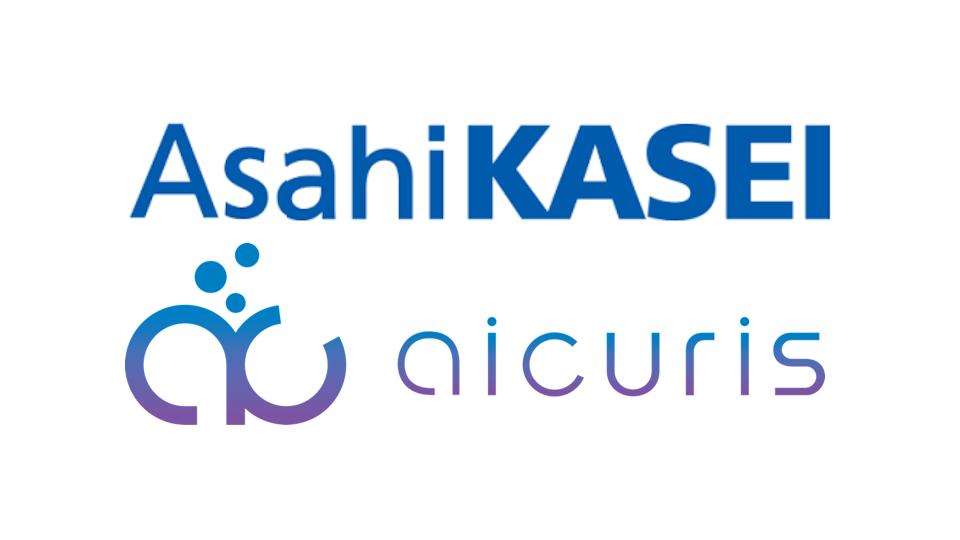BMS absorbs CAR-T partner 2seventy bio for $286m

Bristol Myers Squibb has moved to take full control of the CAR-T therapy it partners with 2seventy bio, agreeing to buy the biotech for around $286 million.
The $5.00-per-share offer – announced at the close of trading yesterday – is an 88% premium to 2seventy bio's closing share price on Friday, and prompted a 75% surge in the stock after-hours. Net of the Cambridge, Massachusetts-based biotech's cash reserves, the deal is costing BMS just $102 million.
2seventy bio worked with BMS on the development of BCMA-directed CAR-T therapy Abecma (idecabtagene vicleucel), used to treat blood cancer multiple myeloma, which brought in $406 million in sales last year, a 14% decline on the prior year due to rising levels of competition in the multiple myeloma market and some manufacturing issues.
Abecma has been affected by the rapid take-up of Legend Biotech/Johnson & Johnson's rival BCMA CAR-T Carvykti (ciltacabtagene autoleucel), particularly after its approval as a second-line therapy.
With Abecma still approved for third-line or later use, Carvykti has leapfrogged up the treatment pathway, and sales almost doubled last year to $963 million. Added to that, J&J's CAR-T improved overall survival in its second-line study – which Abecma failed to achieve as a third-line agent – and that has made it a compelling option for doctors choosing CAR-T therapies for their patients.
2seventy bio, meanwhile, refocused its business in 2023 to focus exclusively on the commercialisation and development of Abecma in partnership with BMS, subsequently selling its R&D pipeline to Regeneron, including cell therapy candidates for non-Hodgkin lymphoma (NHL), acute myeloid leukaemia (AML), ovarian cancer, and other indications.
Taking full control of Abecma should allow BMS to garner the best return on the considerable capital investment it has made in CAR-Ts and ongoing fixed costs, although the pharma group recently reined in its aspirations for the CAR-T after abandoning a phase 3 trial that aimed to move it into the first-line maintenance treatment setting.
Enrolment issues, specifically a reduction in the pool of eligible patients due to improved first-line induction therapies, were held up as the reason for the decision.
"The strategic rationale for this acquisition is clear and today's announcement represents the culmination of the journey for 2seventy bio," said the biotech's chief executive Chip Baird.
"We believe that Abecma will continue to benefit from BMS' experience and resources to ensure this important therapy is delivered to patients who need it."












